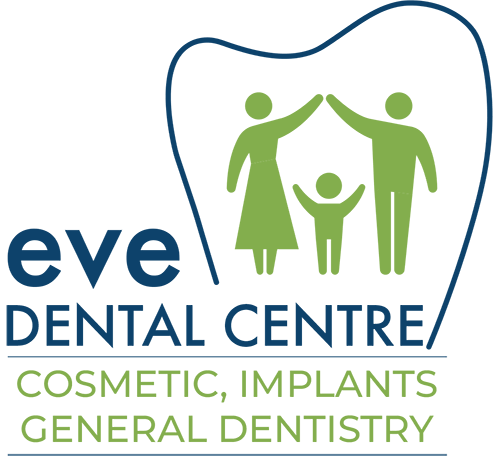What Are Wisdom Teeth? All You Need to Know About
Wisdom teeth, also known as third molars, are the last set of teeth that typically emerge in your late teens or early twenties. While some people have no issues with them, others may face complications that require attention. Understanding and knowing when to seek professional advice can help you maintain optimal oral health and avoid unnecessary pain or problems.
Wisdom teeth are the third set of molars at the back of your mouth. They usually appear between the ages of 17 and 25, though they may not emerge until later, or in some cases, they may not emerge at all. These teeth are called “wisdom teeth” because they typically come in during a time when people are thought to be gaining wisdom in their adult years.

Common Issues with Wisdom Teeth
While some individuals have no issues with their wisdom teeth, others can experience several problems:
- Impacted Teeth: This is when the wisdom teeth don’t have enough space to emerge fully or properly. They may grow sideways or remain trapped beneath the gum line.
- Infections and Cysts: If the teeth are only partially erupted, bacteria can get trapped, causing infections or the formation of cysts.
- Crooked or Misaligned Teeth: Wisdom teeth can push against nearby teeth, causing misalignment.
- Pain and Discomfort: The eruption of your teeth can cause swelling, tenderness, or even headaches in some individuals.
Signs You Need to Remove Your Wisdom Teeth
Not everyone requires wisdom teeth removal, but in certain situations, it may be necessary. Common signs that you may need to have your teeth removed include:
- Persistent pain or swelling in the back of your mouth.
- Difficulty chewing or opening your mouth due to pain.
- Recurring gum infection or tooth decay near the affected tooth.
- Headaches or jaw stiffness that could be related to pressure from the wisdom teeth.
What You Can Expect?
If your dentist or oral surgeon recommends removing your teeth, the procedure generally involves a few key steps:
- Consultation: A thorough examination, including X-rays, to assess the position of your teeth.
- Anaesthesia Options: Depending on the complexity of the procedure, your dentist may use local anaesthesia to numb the area, or you may be given general anaesthesia if the extraction is more involved.
- Surgical Procedure: The extraction can be done in one or more stages, depending on how it is positioned.
- Duration: The procedure usually takes about 30 to 60 minutes for a simple extraction, but more complicated cases may take longer.
Recovery After Removal
After the extraction, proper care is essential for a smooth recovery. Here’s what you can expect:
- Initial Recovery: Expect some swelling and discomfort in the first few days. Your dentist may recommend ice packs to reduce swelling and prescribe pain relief medication.
- Eating and Drinking: Stick to soft foods and avoid hot, spicy, or crunchy foods for the first few days. Drink plenty of fluids, but avoid using straws as they can dislodge blood clots.
- Healing Time: The majority of the swelling will subside within a few days, but full recovery can take up to two weeks.
- Follow-Up: A follow-up appointment may be required to ensure proper healing and check for complications.
What are the Alternative Solutions to Wisdom Teeth Removal?
Not everyone requires teeth extraction. In some cases, if your wisdom teeth are healthy, positioned properly, and not causing any problems, your dentist may recommend monitoring them rather than removal. Regular dental check-ups can help assess whether you require any treatment over time.
Why See a Dentist or Oral Surgeon?
If you’re experiencing any discomfort or suspect your teeth may be problematic, it’s important to seek a professional and cheap dentist in Cranbourne North. A dentist or oral surgeon can assess the situation through X-rays, determine whether your wisdom teeth should be removed, and guide you through the process to ensure your overall dental health.
Eve Dental -Prevention and Oral Care for Wisdom Teeth
Maintaining regular dental check-ups is the best way to keep track of your wisdom teeth’s health. Even if they are not causing immediate problems, they should be monitored for any signs of misalignment, infection, or impaction. Practising good oral hygiene, such as brushing and flossing regularly, is crucial for avoiding complications with your teeth.
Final Thoughts
Wisdom teeth can be a source of discomfort for many, but understanding them and knowing when to seek professional help can save you from pain and other dental issues. If you are in Cranbourne and are concerned about your dental issues, consult with a trusted dentist like Dr Kulwant Singh for an expert assessment and personalised care.



